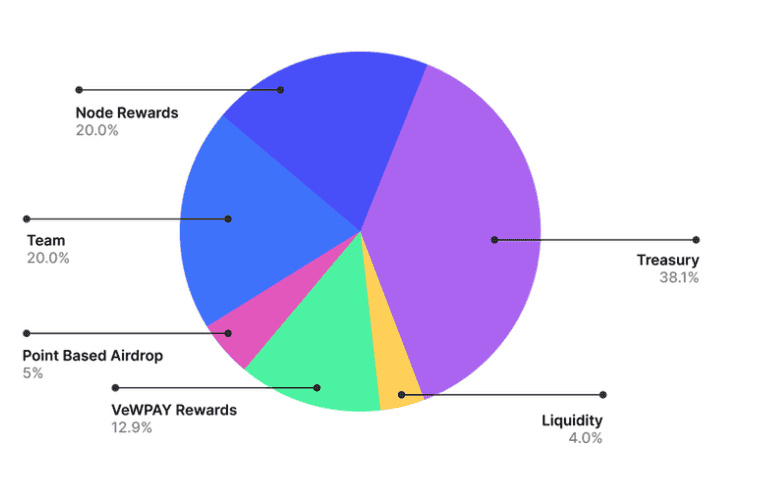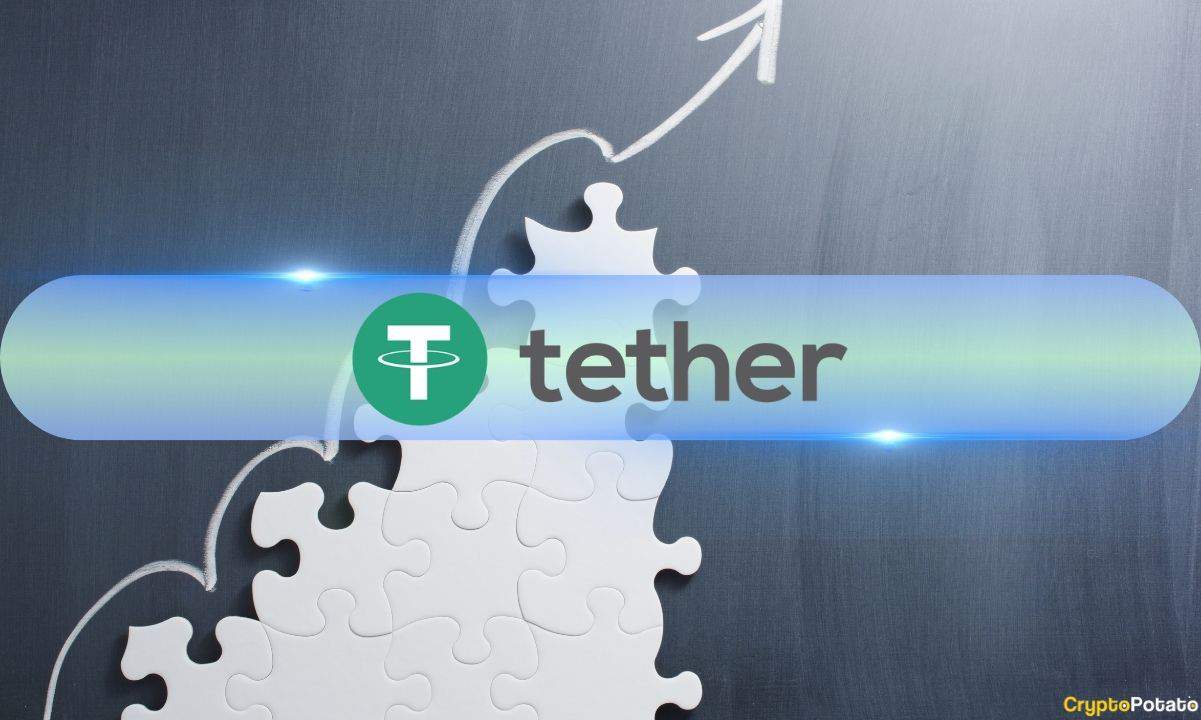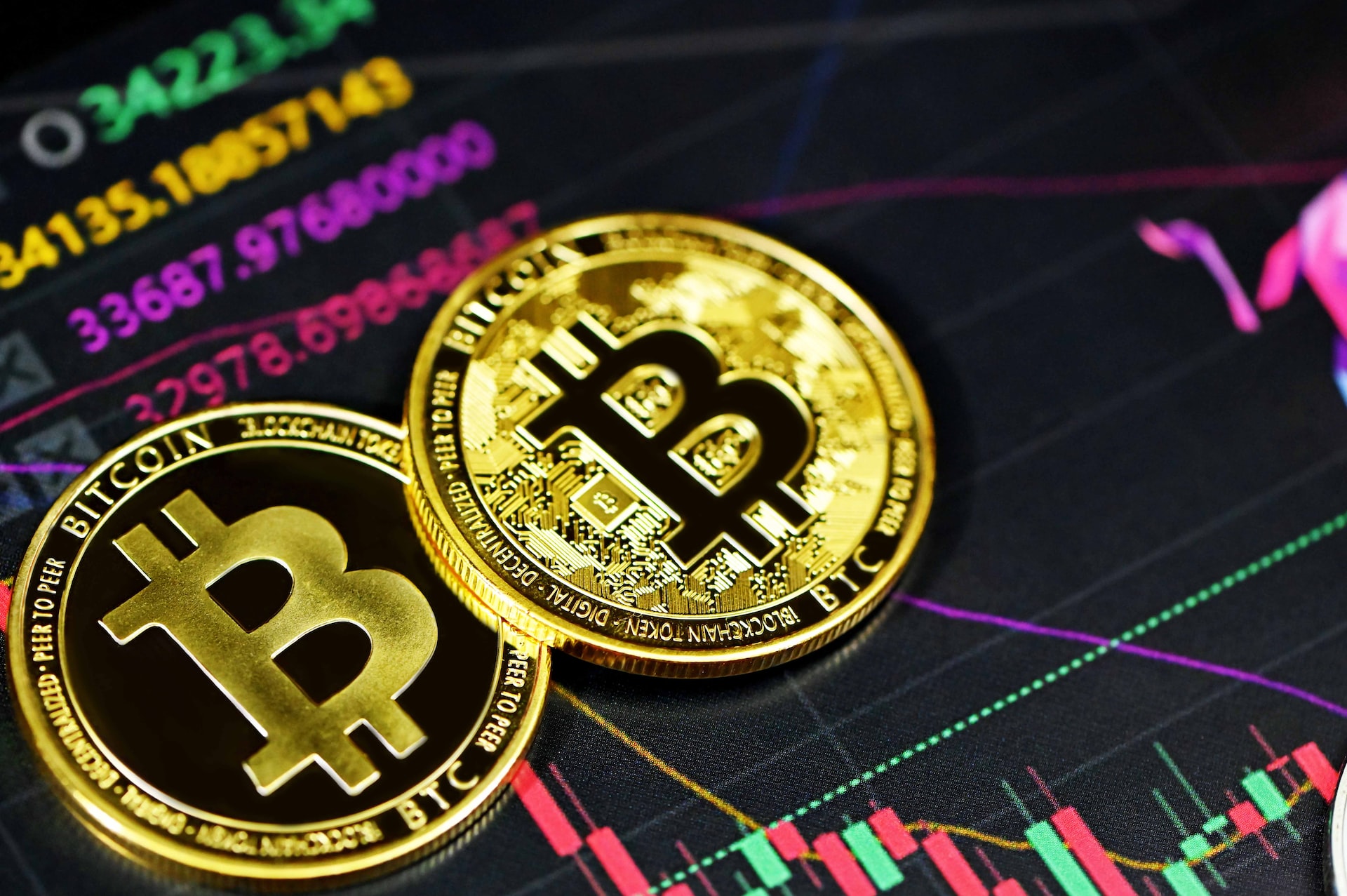Digital payment has become an essential part of our everyday lives. With the decreasing use of physical cash, many users are relying on digital payment options to settle daily bills. The drawback is that most platforms offering digital payments are heavily centralized. Some incorporate high fees and minimal incentives for users.
Wirex Pay fixes all these shortcomings by incorporating blockchain technology to facilitate on-chain money transfers across wallets. The platform’s goal is to bridge the worlds of traditional and decentralized finances.
What is Wirex Pay?
Wirex Pay is blockchain-based digital payment platform and a subsidiary of the popular UK-based digital payment company Wirex. The firm focuses on traditional financial services, enabling card issuance and processing and mandating that users undergo a Know-Your-Customer (KYC) assessment across 130 countries.
Describing itself as the first decentralized payment network, Wirex Pay harnesses Polygon’s zero-knowledge (zk) technology to establish a decentralized, gasless, and on-chain payment system. The payment platform also facilitates decentralized lending and borrowing.
The platform enables transactions through the Wirex Pay Card, a self-custodial debit card that allows users to spend their funds within the traditional economy. More than 50 million merchants accept the debit card in over 200 countries.
Wirex Pay’s operations are governed by a decentralized autonomous organization (DAO) called Wirex Pay DAO. The WPAY token is at the center of Wirex Pay’s infrastructure. Built on the Polygon network, the crypto asset serves as the lifeblood of the Wirex Pay DAO.
What is WPAY?
WPAY is the governance token for the Wirex Pay network. Holders of the digital token can participate in the platform’s DAO, voting on proposals and other decision-making actions. Users can also stake their tokens for rewards and operating nodes. The digital asset is also used to facilitate transactions and ensure the community retains control over the platform’s activities.
Node operators were the first to receive WPAY due to their crucial roles in boosting the network’s decentralization and security.
Emphasizing how WPAY plays a key role within the payments ecosystem, Wirex Pay co-founder Pavel Matveev said:
“WPAY represents a key step in building the future of payments. Through Wirex Pay, we’re offering a unique opportunity for users to engage with the crypto world in a practical and secure way, ensuring that digital currencies are not just speculative assets, but usable in everyday life.”
The WPAY token should not be confused with WXT, Wirex’s utility token. The WXT token enables fee discounts and access to premium features on Wirex. Holders also benefit from rewards open to the WXT community.
Although WPAY and WXT holders enjoy some similar benefits, they operate in different ecosystems. Unlike WXT, WPAY gives holders governance rights over the affairs of the Wirex Pay activities.
WPAY has yet to be launched on crypto platforms at the time of this writing. Interestingly, the token will debut on the crypto exchange Gate.io on October 8 at 12 PM UTC.
WPAY Tokenomics
WPAY has a total supply of 10 billion tokens developed under the ERC-20 token standard. Here is a breakdown of how the tokens will be distributed to users:
- Point-based airdrops: Early Wirex Pay users will be rewarded with 5% of the total supply (500 million tokens).
- veWPAY Rewards: Users who staked their tokens will be rewarded 12.86% of the supply (1.286 billion tokens).
- Liquidity: 4% of the total supply (400 million tokens) will be allocated for exchange listings and market-making operations.
- Treasury: 38.14% of the asset’s supply (3.814 billion tokens) is allocated to the Wirex Pay DAO for the network’s development and maintenance.
- Node Rewards: 20% of the supply (2 billion tokens) will be distributed to node operators.
- Team: 20% of WPAY’s supply (2 billion tokens) goes to the platform’s founding members and employees.
Following WPAY’s listing on October 8, the development team has a strategy to ensure the sustainability of the governance token. A significant portion of the token’s supply will be vested for many months and released in bits. The network’s staking capability also encourages users to hold their tokens, preventing users from selling off their WPAY holdings.
Conclusion
WPAY’s establishment as the lifeblood of the Wirex Pay DAO has shown the platform’s determination to bring the most utility to its community. Wirex Pay aims to onboard the next billion users seeking to explore blockchain payment services, WPAY’s listing on October 8 marks the beginning of the token’s journey into the blockchain scene. Looking forward, the platform seeks to secure a listing on other prominent crypto exchanges aside from Gate.io.
The post Wirex Pay: Revolutionizing Digital Payments With Decentralized Solutions appeared first on CryptoPotato.

 3 weeks ago
24
3 weeks ago
24











 English (US) ·
English (US) ·